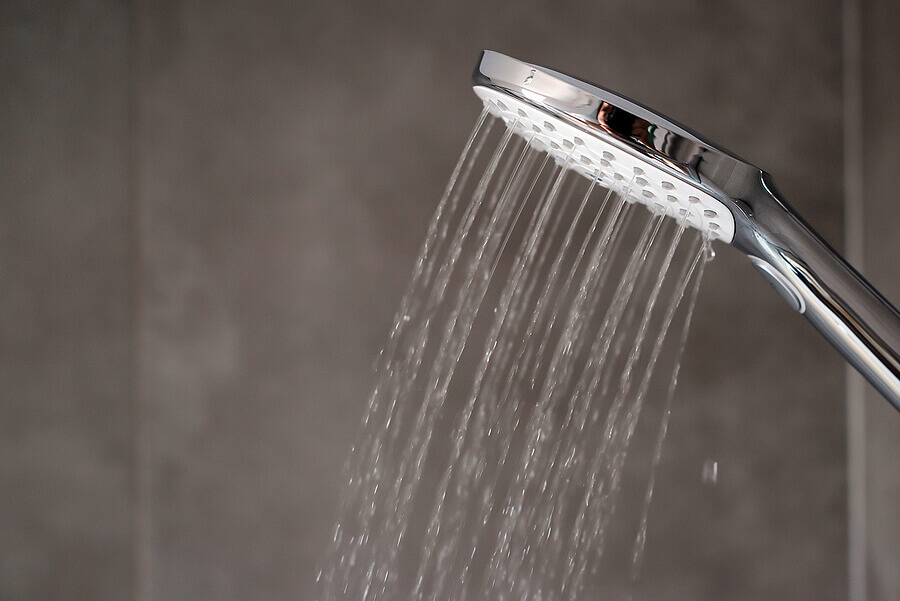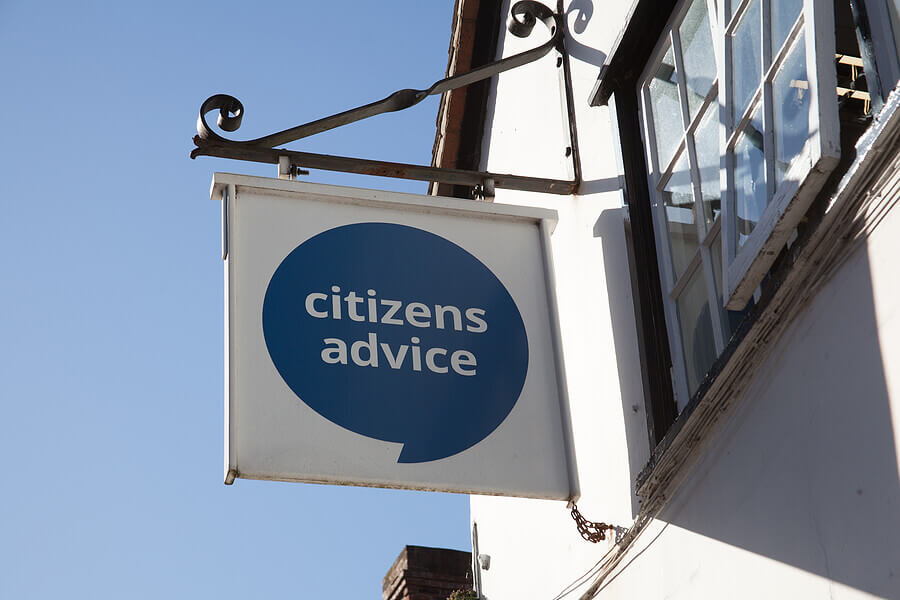Though paying our energy bills may be a relatively mundane part of our day-to-day lives, Big Energy Saving Week offers a chance to look at how we can save energy and cut our monthly costs.
What is Big Energy Saving Week?
Big Energy Saving Week takes place annually towards the end of January, this year happening between the 17th and 23rd of the month.
The week aims to highlight helpful ways people can save on their energy bills. Advice is also offered to those struggling to pay for their energy, including who to contact for help.
Focus is largely on the eco-friendly changes people can make to cut their energy consumption while reducing monthly costs.
It’s an important opportunity to take stock and consider your energy usage, evaluating where savings could be made on energy bills.
Energy saving advice
With the energy costs rising for many households, simple energy-saving advice has never been more valuable.
By applying both quick fixes and larger lifestyle changes, your energy bills could be drastically reduced. Not only will you save money, but you’ll be lowering your carbon footprint too.
Homeowners, private renters, students, and even those who live at home with their parents can all be more conscious of their energy usage, adopting many things to lessen their amount.
Turn off standby
It’s easy to leave things like our TVs, computers, and kitchen appliances in standby mode. But switching items off at the plug can lower the amount of energy they consume when not in use.
Standby savers or smart plugs can help – they allow you to turn all your appliances off completely in one go.
Turn off lights
This one may seem obvious, but it’s often surprising how many people leave lights on in empty rooms. Start a habit of switching off lights and all lamps every time you leave a room.
Switch to LED
Similarly, switching those same light fixtures to LED energy-saving lightbulbs will also reduce your annual energy bills.
Wash at 30
Unless your clothes are particularly dirty, most washing done on a 30-degree cycle achieves the same results. To be even more energy-efficient, only put your machine on when you have a full load and avoid using the tumble dryer if possible.
Insulate your home
If you live in an older home, you may find that the small gaps around windows, doors, and near the flooring could be costing you energy. Professional draught-proofing may be costly, but it does save on your bills in the long room.
Alternatively, there are many ways to insulate your home yourself. Consider these DIY draught-proofing tips to increase your home’s energy efficiency.
Limit bath/shower time

Though many of us enjoy a long soak in the bathtub after a tiring day at work, switching just one bath a week to a quick shower will help reduce your energy costs.
Likewise, cutting the length of your showers will go a long way too. Longer, hot showers can actually damage the skin anyway – doctors recommend 5 to 10 minutes.
Install a smart meter
Make remembering to submit your monthly gas and electric readings a thing of the past – smart meters automatically tell your supplier how much energy you have used. They also help you to keep track of your usage, so you can stay below a certain amount and work towards an ideal energy goal.
Many companies are now encouraging their customers to have a free smart meter installed. Contact your energy supplier to ask what their policy is.
Switch your energy supplier
If you are applying these changes yet still finding that your energy bills are sky-high, it might be time to consider switching to a different energy supplier.
Money-saving websites offer detailed comparisons of the most costefficient energy providers for your area – taking the time to shop around and do your research is key.
It’s also a good opportunity to consider switching to a green energy supplier that uses more sustainable methods. Reducing your carbon footprint may turn out to be more cost-efficient than you think.
Financial help for energy bills

If you are struggling to pay your energy bills, there are places you can contact for help and advice.
Citizens Advice has a guide on the grants and benefits available for people who can’t afford their monthly energy bills.
The Warm House Discount Scheme offers those on a low income up to £140 of their electricity bill, while the Winter Fuel Payment is a one-off payment available for those born before 26 September 1955.
When it’s very cold, those on certain benefit or support schemes can take advantage of one-off Cold Weather Payments to help pay for extra heating used.
If you do find yourself in any kind of debt because of your energy bills, you may find that your energy supplier actually offers a grant to help pay it off. Local councils may also offer grants or schemes to those in particularly hard situations.
